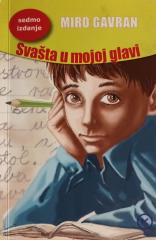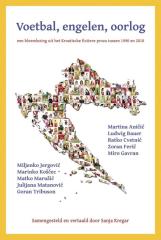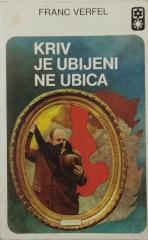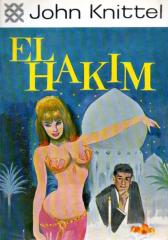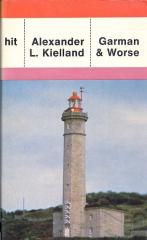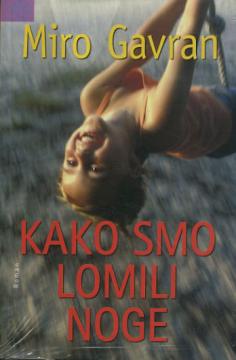
Kako smo lomili noge
The novel How We Broke Our Legs (1997), a humorous and tender chronicle of family life through four decades of Croatian history, follows the fate of three generations of a Slavonian family from 1951 to 1992.
The main narrator, a young man from the family, grows up in a small Slavonian town, where his grandfather and father are bound by tradition and hard work in the fields, and his mother brings warmth and wisdom. The family moves to Zagreb in search of a better life, but a curse follows: broken legs become a metaphor for fateful blows – from socialist reforms, through student uprisings in 1968, to the collapse of Yugoslavia and the Homeland War. One of the first Croatian novels to address war, Gavran weaves it subtly, through personal stories of loss and resistance.
Through humor and irony, the author mocks everyday absurdities: boys in love who break bones for girls, family quarrels and dreams of freedom. Generational differences – from the war traumas of a grandfather to the young dreams of a grandson – celebrate solidarity and healing. Slavonia and Zagreb become the stage for a travelogue through love, loss and hope, reminding us that life, like a broken leg, heals with time and laughter.
One copy is available
